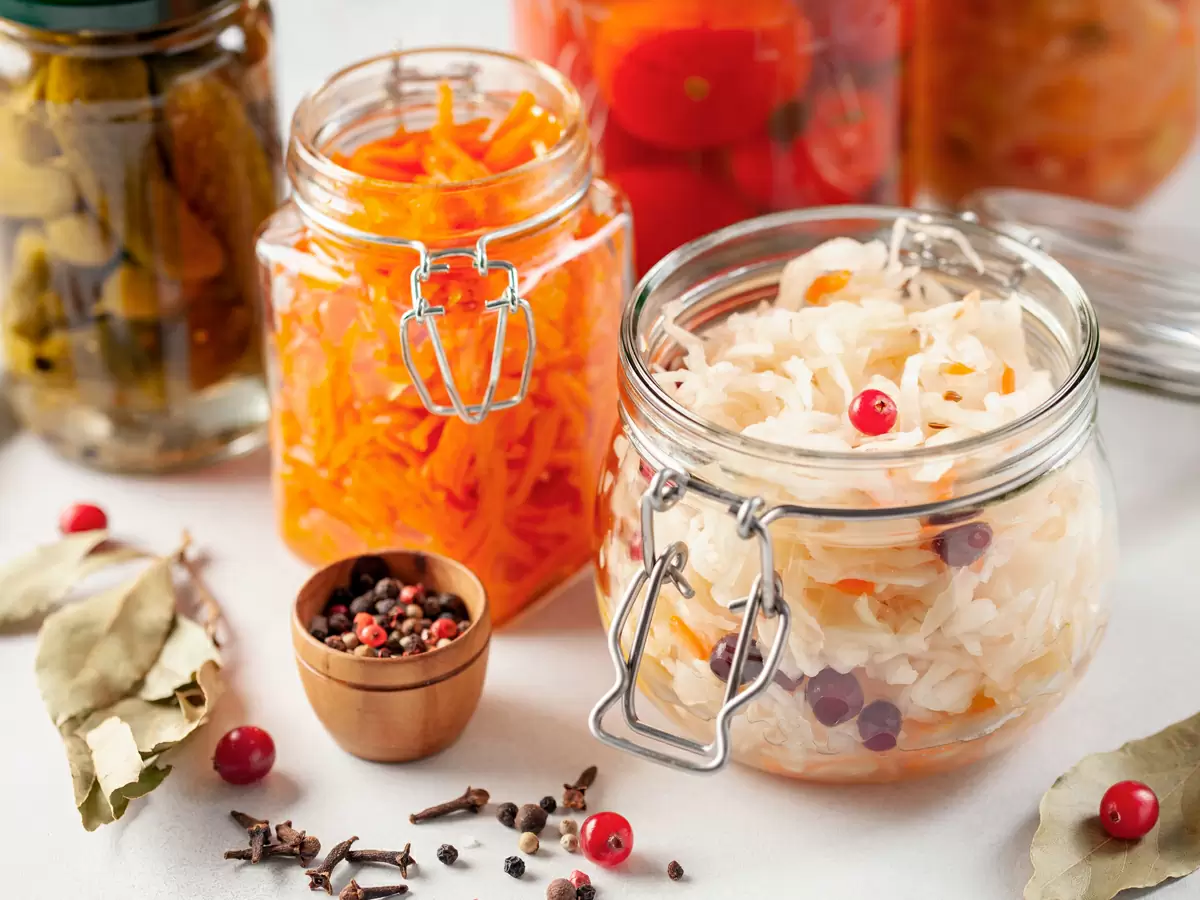Do’s and Don’ts for Acne
Although the relationship between acne flare-ups and diet has not been 100% proven, recent research suggests that certain foods can act as a trigger, which in turn triggers acne breakouts. Therefore, such a concept as a diet for acne or a diet for skin cleansing has long been in use, both among specialists and among patients.
How does diet affect acne?
In general, improving the skin condition in the treatment of acne, with the help of diet, comes down to four factors:
- Improving the quality and variety of nutrients.
- Normalization of bowel function.
- Normalization of hormonal background.
- Maintaining immunity.
We support our immune system by restoring the barrier function of our gut, supporting micro-organisms and hormones, and focusing on micronutrients that we can replenish with food and special dietary supplements.

Acne flare-ups are also linked to stress, specifically the production of the hormone cortisol, also called the stress hormone, as it stimulates the active work of the sebaceous glands and the production of sebum, which clogs the pores and creates an ideal environment for the development of bacteria and inflammation.
Remember that proper eating habits, drinking water per day and quality sleep are three important “whales” for cleansing the skin of the face and improving the condition of the body as a whole!
Harmful and useful products. And what dominates in your diet?
As we have already determined, some products can actually provoke the development of acne or aggravate the skin condition in acne. Studies show that these are foods with a high glycemic index (GI).
Glycemic index (GI) – a value that reflects the level of increase in glucose (blood sugar) in response to the intake of carbohydrates.
Carbohydrates are an integral part of our diet, as they provide fuel for the brain and most other organs and muscles during any kind of exercise. However, not all carbohydrate foods are the same, some of them provoke so-called skin problems.
High glycemic carbohydrates
Carbohydrates with a high glycemic index cause a spike and then a drop in blood sugar levels, while foods with a low glycemic index are digested and absorbed more slowly. This slow release of glucose into the bloodstream has been proven to be far more beneficial to the body, from increased energy levels to weight control, diabetes and other health issues.
Three levels of glycemic index
- Low: 55 or less
- Medium: 56-69
- High: 70+
Products not recommended for acne
Foods with a high glycemic index, which are recommended to be excluded from the diet for acne or to limit their use, for clear skin without rashes:
- beer;
- bread (especially white);
- sweet breakfast cereals and instant cereals;
- potato;
- White rice;
- cookies, cakes, sweets;
- chips and crackers;
- sweet carbonated drinks;
- sweet fruits and dried fruits;
- sweet yoghurts;
- hot spices and spices.
Products recommended for acne

As opposed to not recommended foods for acne, there are foods recommended for consumption (with medium and low GI), these are foods such as:
- legumes;
- green leafy vegetables, herbs;
- fresh vegetables and fruits (in moderation);
- berries;
- nuts;
- flax and sesame seeds;
- oils: linseed, sesame, rapeseed, corn, hemp (high in Omega-3 and Omega-6 polyunsaturated fatty acids)
- seafood and algae.
Drinks and acne
All of us have repeatedly heard the need to maintain water balance throughout the day, but not everyone interprets this information in the same way. When doctors and nutritionists talk about maintaining water balance, they mean clean water that our body needs, and not sugary carbonated drinks and packaged juices, which are highly recommended not only for acne, but in general, for any person who cares about your health.
Recommended drinks:
- clean water (without gas);
- green tea;
- freshly squeezed juices (in moderation).
Drinks not recommended for acne:
- alcoholic drinks (especially those high in sugar);
- canned juices (with sugar content);
- sweet carbonated drinks (Coca-cola, Fanta, Sprite, etc.).
